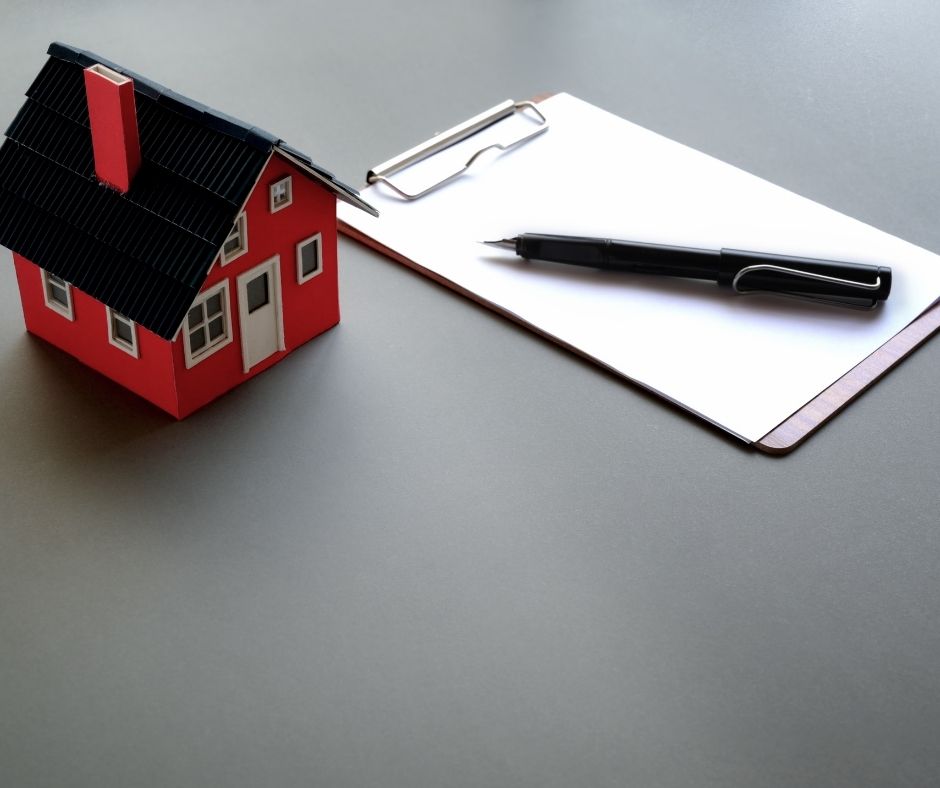Unless you happen to have several hundred thousand dollars lying around, your dreams of buying a home will include applying for a mortgage. Approaching a lender for a home loan can be a nerve-wracking and intimidating experience, and you might have to do it more than once to obtain the loan that best fits your situation. After going through the process, there are few things more upsetting than finding the house of your dreams and failing to get approved for a mortgage you can afford.
Is there anything you can do to improve your chances of obtaining a mortgage at a reasonable interest rate? You might be surprised to know that there are steps you can take to make yourself more attractive to lenders, but they aren’t always things you can accomplish overnight. Nevertheless, if you want to buy a house, knowing the factors the lenders will consider when they evaluate you for a mortgage can help you prepare your finances for their intense scrutiny.
What is a lender looking for?
Mortgage lenders will examine nearly every aspect of your finances, and it is not always a pleasant experience, especially if you have had some rough patches in your money management. The point of such a thorough examination is to determine whether you are a low risk, meaning that you are not likely to default on the loan. To make this determination, a lender will want to know the following:
- Do you have a credit history that shows no recent bankruptcies, delinquencies or foreclosures?
- Is your credit score within the range the lender desires?
- Is your debt-to-income ratio acceptable?
- Do you earn enough money to comfortably cover a monthly mortgage payment and still pay your other obligations?
- Has your income been steady and is your current job stable?
- Do you have cash reserves in the bank or assets you can liquidate quickly if you run into financial trouble, such as a job loss?
One important factor the lenders will consider is the amount of down payment you can come up with. Usually, lenders like buyers to have about 20% to put down, which is often a considerable amount, depending on the price of the home. Still, having a larger down payment means taking out a smaller mortgage, and this reduces the risk for both you and the lender.
Taking the time to save for a down payment, cleaning up your credit and paying off some debts can make an enormous difference in your ability to qualify for a mortgage with an attractive interest rate. It will be worth the time and effort you put into it.

